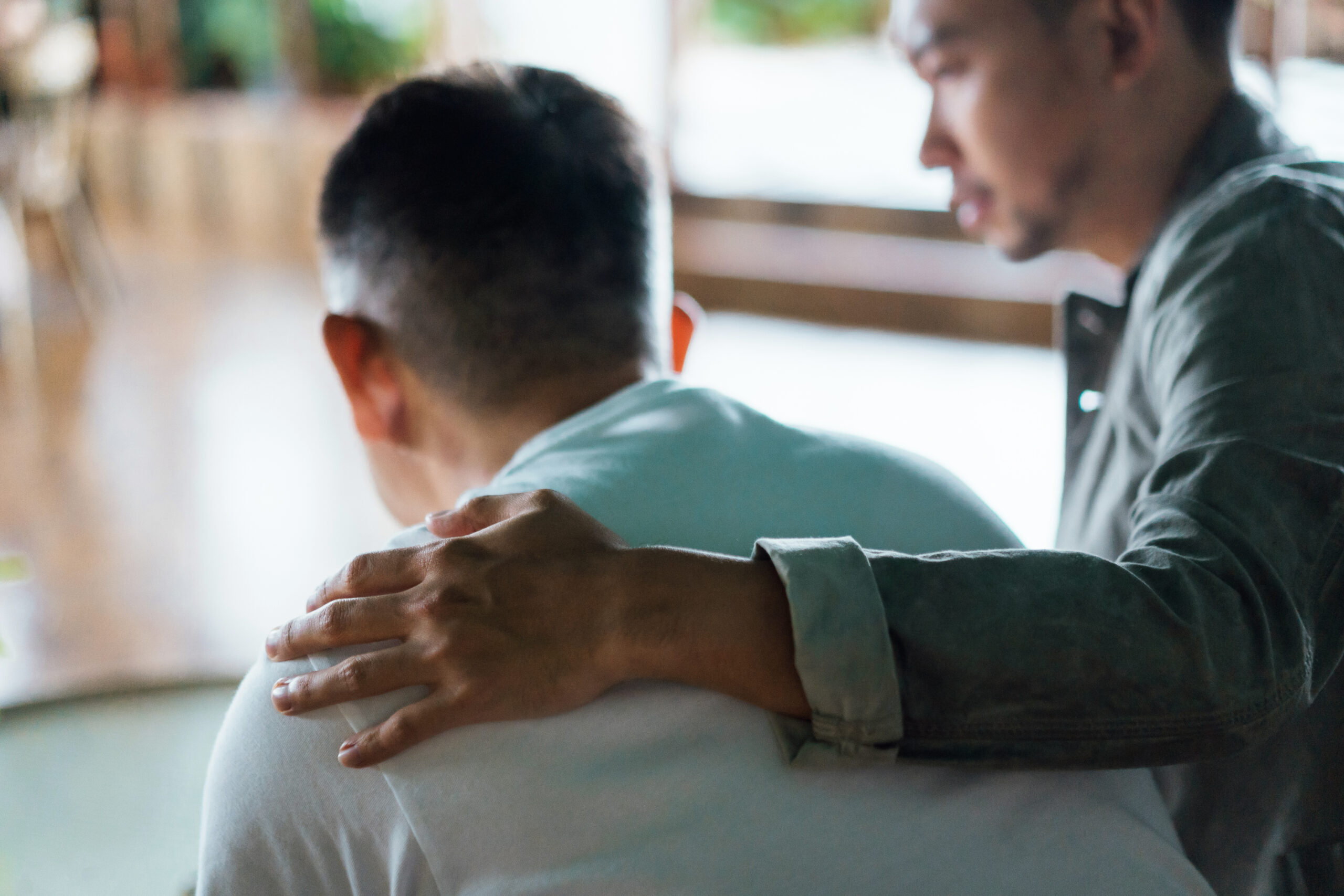
For Survivors of Suicide Loss
No two grief experiences are the same. Grief after a suicide death is often more complicated than other losses you may have experienced. Police and other authorities often are involved in the death investigation. There may be a final note or communication that raises questions for those left behind. You may have feelings of shame, guilt, or blame, and feel isolated due to the stigma that is sometimes attached to suicide.
Conflicts may arise concerning your own cultural, religious, or spiritual beliefs or the beliefs of others who are reacting to the suicide death. People may ask how your loved one died; it can be healing to be honest when responding. While you do not need to hide that your loved one died by suicide, how you respond is your personal choice.
If you know someone who has lost a friend or family member to suicide, the most important thing you can do is reach out and listen. Express your condolences and offer support the way you would to anyone who has lost someone close to them. Offer to help with meals or other tasks. Ask them about the way the person lived, not just about their death. For example: Ask what the person’s name was if you did not know them, or what activities they liked or their favorite song.
Many people who have lost someone to suicide are helped by connecting with others who have been through this experience. Reaching out to a suicide loss support program can alleviate the isolation that many survivors may experience, and the shared experience and wisdom of others can offer hope to find your way through this experience.
- Friends for Survival opens in a new window:
(916) 392-0664 opens in a new windowopens phone dialer
For more than 30 years, Friends for Survival has offered support for those bereaved by a suicide death. Call the help line, sign up to receive the newsletter, and visit the website for links to resources and reading material. - Help and Support After Suicide Brochure
English opens in a new windowopens PDF file
Spanish opens in a new windowopens PDF file - Directory of Support Programs for Survivors of Suicide Loss in California opens in a new window:
Visit the “Reach Out” page at www.suicideispreventable.org - American Foundation for Suicide Prevention Support After a Suicide Loss opens in a new window
AFSP is an organization that is dedicated to bringing hope to those bereaved by suicide. Visit their website to find local support resources and learn more.
